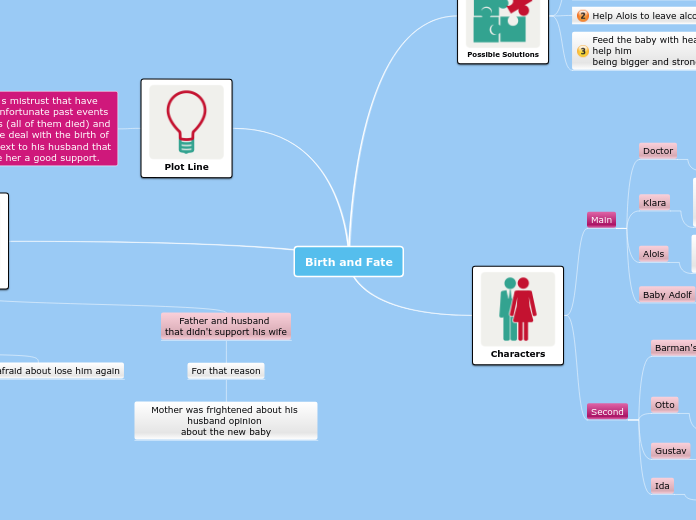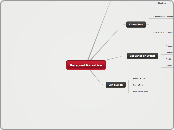作者:Derek Pickerill 4 年以前
246
What were the major conflict between the colonists and british authorities after 1763?
The period following 1763 marked increasing tensions between the American colonists and British authorities, leading to significant historical events and shifts in ideology. Key incidents like the Boston Tea Party and the Boston Massacre exemplified the growing unrest, as colonists protested against British taxation and governance.









